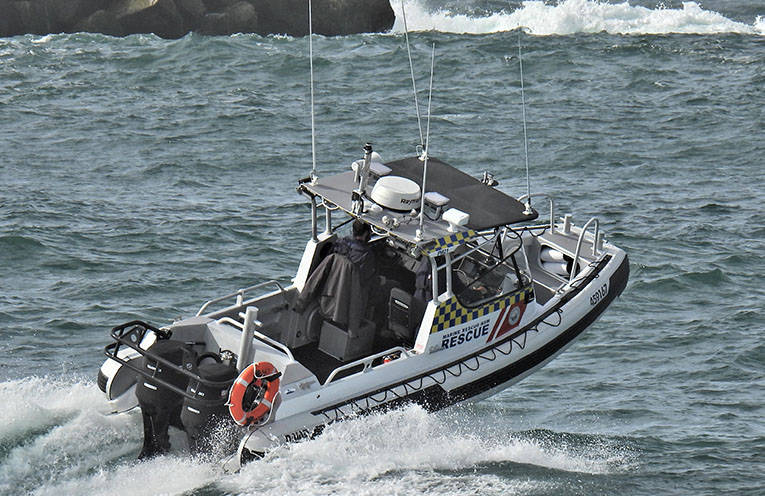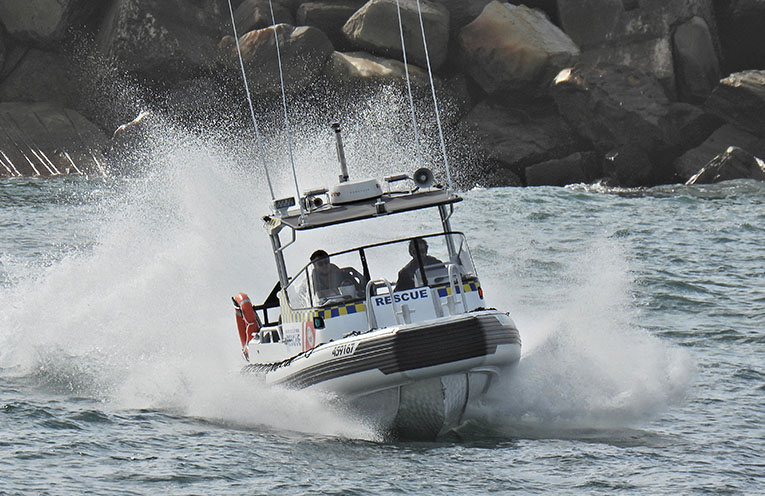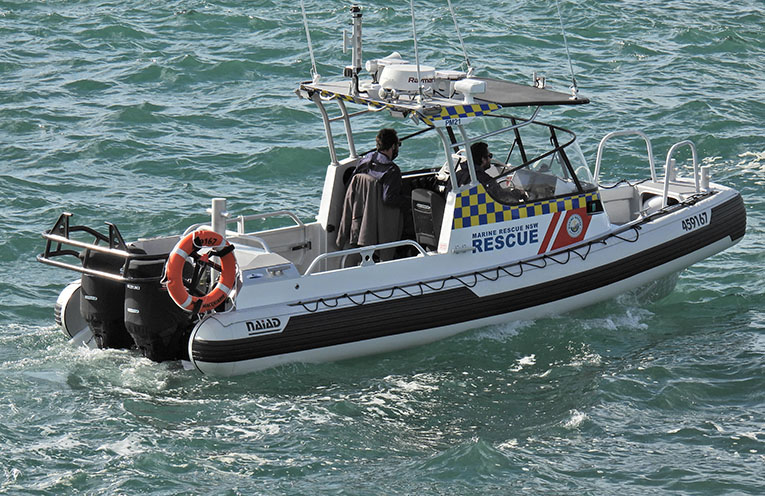
DURING the busiest boating week of the year, Mid North Coast Marine Rescue NSW volunteers are asking boaters and paddlers to play it safe and ensure they are well prepared before heading out on the water.
Regional Operations Manager Randall Gawne said over the coming peak summer period the region’s Marine Rescue volunteers would be on watch, with extra boats on the water as required to cope with the projected demand.
 Advertise with News of The Area today.
Advertise with News of The Area today.It’s worth it for your business.
Message us.
Phone us – (02) 4981 8882.
Email us – media@newsofthearea.com.au
“With travel overseas and to some interstate destinations remaining challenging, we expect boaters to again flock to the spectacular Mid North Coast in record numbers in coming weeks,” he said.
“We are also expecting many inexperienced boaters and paddlers trying out their first boat, jet ski or kayak.
“Coupled with a spike in boating traffic, this means an increased risk of boaters running into trouble on the water, with our local Marine Rescue volunteers ready for an increased demand on their life-saving services.”
Mr Gawne said Mid North Coast Marine Rescue units had focused on increased training in recent months to ensure their crews were rescue-ready for the peak summer season, with preparations made to boost capability and response times over the summer.
“Boaters can do their part by being prepared and boating responsibly, and most important of all, wearing a lifejacket.”
Mr Gawne said the extra boating traffic on the water meant boaters needed to take extra precautions to stay safe, including:
· Logging On with Marine Rescue NSW via VHF Channel 16 or the free MarineRescue App.
If you’re not back as scheduled, professionally trained staff will start to search for you, saving vital seconds in an emergency.
· Ensuring everyone on board is wearing a lifejacket.
· Carrying safety equipment such as flares, first aid kit and EPIRB and knowing how to use them.
· Checking the sea and weather conditions before heading out and throughout your trip.
· Ensuring that your vessel is serviced and in good order, and there is plenty of fuel for the journey.


